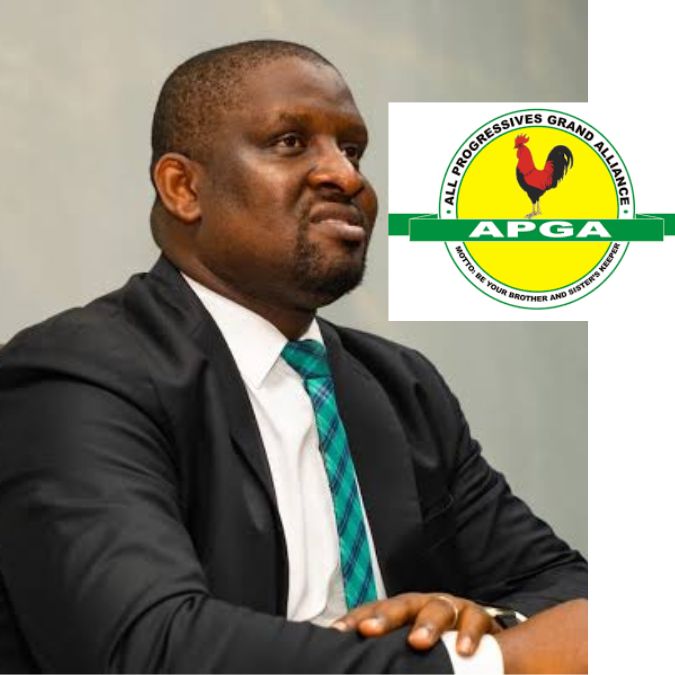A Critical Need for Electoral Reform in Nigeria: A Call to Action for the
2027 General Elections by the APGA National Chairman, Barrister Sly Ezeokenwa – Written by Nduka Anyanwu, SA- Media to The APGA National Chairman.
As we approach the 2027 general elections in Nigeria, it is imperative that we acknowledge the pressing need for electoral reform. The APGA National Chairman has emphasized the importance of this issue, and it is crucial that we take action to address the shortcomings of our current electoral system.
The advancement of democracy in Nigeria is contingent upon the integrity and transparency of our electoral process. However, the existing system has been plagued by issues such as voter disenfranchisement, electoral violence, and manipulation of results. These problems
undermine the legitimacy of our democracy and erode public trust in the electoral process.
To address the challenges facing Nigeria’s electoral system, comprehensive reforms are necessary. These reforms can be achieved through several key measures:
Electoral System Reform
Adopting a proportional representation system, such as the Single Transferable Vote (STV), can help reduce electoral violence and ensure that all votes count. This system allows voters to rank candidates in order of preference, reducing the likelihood of electoral disputes and promoting a more representative government.
Voter Registration and Education
Improving voter registration processes and educating citizens on their voting rights can increase voter turnout and reduce disenfranchisement. This can be achieved through initiatives such as voter registration drives, civic education programs, and voter outreach campaigns.
Electoral Tribunal and Conflict Resolution
Establishing an independent electoral tribunal can help resolve electoral disputes and reduce the risk of violence. This tribunal can provide a fair and impartial forum for addressing electoral complaints and disputes, reducing the burden on the courts and promoting a more peaceful electoral process.
Campaign Finance Reform
Regulating campaign finance can help reduce the influence of money in politics and promote a more level playing field. This can be achieved through measures such as campaign finance disclosure requirements, contribution limits, and public financing options.
The implementation of these reforms is crucial for the advancement of democracy in Nigeria. As the APGA National Chairman has emphasized, it is imperative that we take action to address the shortcomings of our current electoral system. We must work together to ensure that the 2027 general elections are free, fair, and credible. This requires a collective effort from all stakeholders, including political parties, civil society organizations, and the electoral commission.
In addition to these measures, other reforms are necessary to address the unresolved electoral reform issues in Nigeria. These include:
1. Attitudinal Change: A fundamental shift in the behavior of politicians
towards electoral politics is necessary to deepen the integrity of elections.
2. Legal Status of INEC’s Regulations: The legal status of INEC’s Regulations, Guidelines, and Manual should be stated explicitly in the Electoral Act to strengthen its enforcement.
3. Amendment of the Electoral Act: The Electoral Act should be amended to resolve ambiguities in the results collation and transmission process, including stating the role of technology in results management.
4. Expansion of Voter Identification: The requirement for voter identification should be expanded to include other legally acceptable means of identification, such as driver’s licenses and international passports, etc.
By implementing these reforms, we can strengthen our democracy and ensure that the 2027 general elections are free, fair, and credible. The future of Nigeria depends on it.




